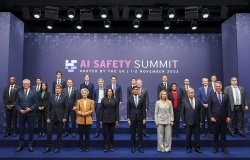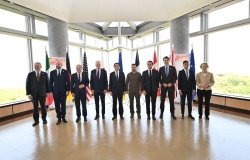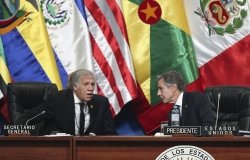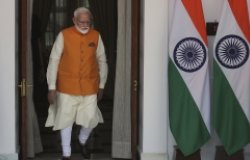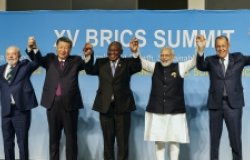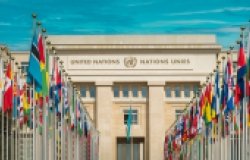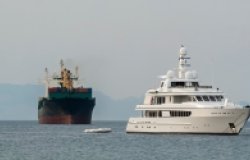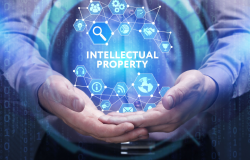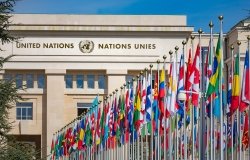The Increased Salience of Corruption in East and Central Europe: The Role of International Organizations
Alexandru Grigorescu, Assistant Professor, Department of Political Science, Loyola University Chicago
Overview
Over the last decade, international organizations have brought the fight against corruption in local governments to the global stage. The prominence of corruption as a global problem stems from the fact that it is associated with poor economic performance, low foreign investment, increased inequality and poverty, environmental degradation. Grigorescu asserted that it also threatens the survival of young democracies.
Yet, in addition to the positive impact that the global anti-corruption campaign may have in ‘cleaning up' politics, Grigorescu contends that the rhetoric surrounding the global anti-corruption campaigns can have a negative impact on democracies as well. In some countries, the rise in corruption is associated with the weakness of democratic governance, which has prompted politicians (such as Corneliu Vadim Tudor in Romania and Vladimir Putin in Russia) to take anti-democratic measures in an effort to root out corruption. In a sense, bad press at the international level can cause electorates to doubt the effectiveness of the democratic process, and backpedal on democratic consolidation.
Grigorescu argues that the problem lies in the fact that actual levels of corruption do not match the inflated rhetoric surrounding corruption. In postcommunist Eastern Europe, where international organizations, such as the European Union, have had a very strong influence on local politics, corruption is mentioned in the press eight times more often than in other regions of the world. Grigorescu explains that this discrepancy is due to the fact that within the broader struggle against corruption by international organizations, there is a smaller battle to maintain the issue's prominence in the press in an effort to keep corruption on the political agenda.
Indeed, the principal method that the EU and other international organizations have used to fight corruption is by raising awareness of the problem. But institutional safeguards have been put into place as well, along with benchmarking and monitoring mechanisms to make sure that countries stay on track. Grigorescu cautioned that this post-accession period is the most crucial for postcommunist Europe because the rhetoric surrounding corruption has increased its political salience while at the same time, the fact that the countries are now EU member states has decreased the chances that governments will care about implementing the laws and empowering the institutions created to combat corruption. If increased anti-corruption rhetoric does not lead to clear government action to combat it, electorates could lose faith in the democratic system, and turn towards undemocratic leaders instead.
Hosted By

Global Europe Program
The Global Europe Program is focused on Europe’s capabilities, and how it engages on critical global issues. We investigate European approaches to critical global issues. We examine Europe’s relations with Russia and Eurasia, China and the Indo-Pacific, the Middle East and Africa. Our initiatives include “Ukraine in Europe” – an examination of what it will take to make Ukraine’s European future a reality. But we also examine the role of NATO, the European Union and the OSCE, Europe’s energy security, transatlantic trade disputes, and challenges to democracy. The Global Europe Program’s staff, scholars-in-residence, and Global Fellows participate in seminars, policy study groups, and international conferences to provide analytical recommendations to policy makers and the media. Read more
Thank you for your interest in this event. Please send any feedback or questions to our Events staff.

